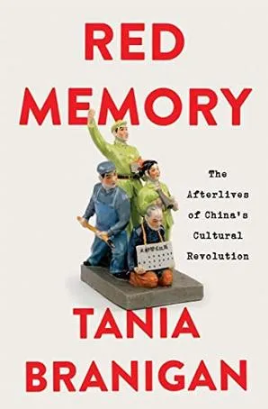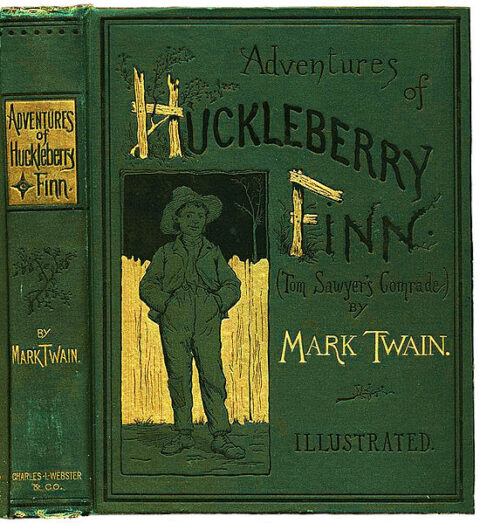As the war in Ukraine has gone on, western media seem to have completely lost track of what ordinary Russians think about their government, replacing reality with a westernized imaginarium of Russia somehow being little more than a mirror of western progressive opinion:
For the average western normie, Russians are suffering under a brutal and vicious dictatorship, and cannot wait for the day that Putin loses power and western liberal democracy becomes the law of the land.
None of you reading this are normies, and all of you know full well that the overwhelming majority of Russians are not buying what western media and think tanks are selling. They have a unique (and foreign) history and culture that has at times moved towards Europe, but they have always managed to stand apart. This informs how Russians view their country and how they deal with the rulers that rule over them.
Many had hoped that the War in Ukraine would finally see Russians rise up against their own government and remove it from power. Those hopes were always misplaced and naive. Western journalists have long been blinded by their own false assumptions regarding the “superiority of western liberal democracy” and Russian sentiment. “Why can’t these Russians see how they’re being oppressed?”, is the generalized refrain. Harper’s Magazine sent two journalists to explore Russia along the Volga River, and what they found was a culture far removed from the West, and very proud of its own. It’s a long piece, so here are some highlights:
Piotrovsky, who is mild-mannered and cerebral, and who wore his jacket loosely over hunched shoulders, seemed to have become a warrior. “Russia is many people, but one nation,” he asserted. “Russia along the Volga was able to incorporate everyone. Islam is just as much a religion of Russian tradition and identity as is Christian Orthodoxy. In Europe, in America, you speak of nothing but multiculturalism, but your cities are bursting with hate. For us, it didn’t take much to include everyone, because we’re an imperial civilization.” Then he grew more animated. “Look at the Hermitage!” he said, opening his arms to the room around us, widening his eyes. “It’s the encyclopedia of world culture, but it’s written in Russian because it’s our interpretation of world history. It may be arrogant, but that’s what we are.”
On renewed trade with Asia:
Sergeeva took me to see the Jewish, Armenian, and Iranian neighborhoods of Astrakhan. An exhibition of photographs highlighting the civilian volunteers supporting the military was being set up outside of a park. At sunset, the elegant riverfront was swarmed with families and groups of young people talking and laughing in hushed tones. Couples sat on railings eating watermelon while food stalls projected multicolored lights on the Volga. There was a fin de siècle quality to the atmosphere, curls of smoke emanating from shashlik grills, a warm breeze delivering the lament of a distant violin. No military uniforms in sight.
The café façades and the wrought-iron balconies reminded me of New Orleans. Sergeeva pointed out the renovations along the canal that runs through the old town, indicating the nineteenth-century wooden villas that will soon become hotels and luxury homes. “They seemed destined to crumble,” she said. “But now that money is going around, Astrakhan is once again the gateway to European Russia, Central Asia, and India. This is how it is for now. Later, we’ll see.“
and
In Astrakhan, it was rumored that the Iranians had invested billions in the development of the Caspian-Volga-Don corridor. There was talk of trafficking agricultural products and oil, but also turbines, spare mechanical parts, medicine, and nuclear components. I couldn’t verify this, but it was clear that Astrakhan is central to the anti-Western economic bloc’s efforts to turn east.
The general opinion in February of 2022 was that the Russians would easily seize much of Ukraine, but that they would pay a very large economic price, possibly the destruction of their entire economy. This was a safe bet, and it was totally wrong.
Import substitution:
“The Russians are reacting to the sanctions in an extraordinary way, even with a weak ruble and the inevitable inflation. The prices of essential goods have held steady. And now we’re consuming better and healthier products than before the war, even exceptional cheeses.”
I had never imagined that the rise of hyperlocal food would be one of the recurring themes of this trip. But it appears that the Western sanctions and war economy have intensified a traditional Russian gastronomy movement. Western products had piqued the palates of average urban Russians, and local producers were trying to fill their vacuum, proudly offering Russian-made Camembert and prosciutto, as if to provide some material evidence of Russkiy Mir, Putin’s ideology of Russian supremacy. As I dined along the Volga, menus often specified the farms from which ingredients had been sourced. Restaurants served svekolnik and okroshka, simple cold summer soups, exalting the quality of local radishes grown without Western fertilizers.
An ethnic Tatar foodstuffs producer from Kazan, Tatarstan on the sanctions regime leveled against Russia:
Since then, the company’s net worth has become the stuff of legend. But Kazankov, too, is a great supporter of Western sanctions: “They’re an incredible developmental tool for Russia,” he told me. “The West should have imposed them back in the Nineties. We’d be the engine of the world by now. Too bad.” For him, the sanctions are pure adrenaline, and to prove it he added that his company has copied Italian, German, and Israeli “production means” to the letter: “We doubled processing in one year and we supply almost a thousand supermarkets in all of Russia.” Ivan believes that his “full-circle communist company” is the ideal model for “rebuilding a new Soviet Union with healthy local food from our lands.”
On the loss of vacationing in Europe:
Was this fatalism? Indifference? Or arrogance, as Piotrovsky had implied back at the Hermitage? I struggled to find room in hotels or on ferries, all of which were overflowing with tourists forced to give up on the Mediterranean and make do with the Volga. Take Tatiana, the middle-aged manager of a supermarket chain. When I met her on a ferry in Yaroslavl, she wore a Panama hat, Gucci sunglasses, and capri sandals; she was heading downstream, to the same dacha where she had spent her summers as a girl. “I’ve had a boat docked in Mykonos for three years — who knows when I’ll see it again,” she told me. “I’m getting to know my river again. I’m running into friends I haven’t seen in thirty years. An interesting vacation.” I told her she looked a bit sad and resigned. “Russians have been sad and resigned for thousands of years,” she replied. “It’s how we stay resilient. I’m against this war, but I can’t do anything but wait, like everyone else. They manipulate us with artificial ideas. Garbage. But the West has been humiliating us for too long. Don’t we also have a right to be who we want to be without feeling like barbarians?“












